Only space lovers can know the meaning and essence of the word infinity. After graduation, we are often stuck on a bunch of questions like What after this? What should be my next step? Limited Space Jobs, where should I look for work? Astronaut or Astronomer? No, I want to do something else…!! But what?
Many students are unaware of undiscovered domains because they are commonly carried away by the force of myths prevailing in our society.
Let me tell you something today, Space Science is not just limited to Astronomy and Astronautics, but it is a great fascinating field and has lots of surprises waiting for us in every step as we move ahead. There are multitudinous career opportunities in the outer space field hidden, so let’s uncover them one by one.
Scientist
Atmospheric Scientist
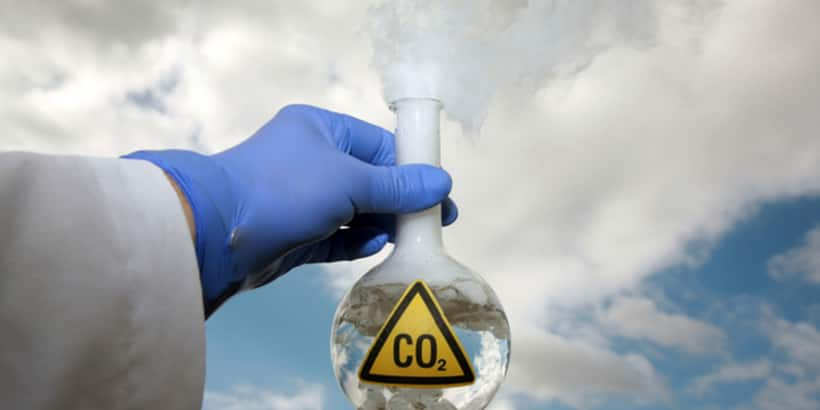
Atmospheric Scientist (Image Source: career360)
Atmospheric scientists study the atmosphere’s phenomena to get a clear picture of changes happening in weather, climate, and atmospheric conditions. Broadly, this includes studying atmospheric sciences, weather patterns, measuring temperature and humidity levels, etc.
Different career paths further for atmospheric scientists
- Operational Meteorologists: They study meteorology phenomena through computer and mathematical modelling to prepare the daily forecast.
- Climatologists: They focus on the earth climate by collecting and analysing data from various sources like water, air, ice cores, and plant life for weather patterns that will affect life on earth.
- Atmospheric Meteorologists: They study the earth’s atmospheric motions and its physical conditions. This career required a good knowledge of global warming patterns, air pollution trends, agriculture, and forestry control.
- Geothermal Engineer: They are professionals who research and explore new ways to utilise geothermal energy (thermal energy stored in the earth) with the help of new technology.
- Geotechnical Engineer: With the help of methods like acquisition, interpretation, knowledge of usage of earth’s crust materials to improve ground engineering design.
- Cartographer: This job includes examining and compiling data from ground surveys, aerial photographs, satellite images, and reports. They are also responsible for preparing digital maps or thematic maps in digital or graphic forms to analyse the data.
Other jobs incorporate remote sensing specialist, GIS specialist, climate change analyser, etc.
Coming down to the sub-category, if travelling is your thing and you want to combine it with your space domain, then this is the most passionate space job for you.
This particular job demands you to travel frequently to collect data and other resourceful work.
Qualification required to become one –
- Bachelor’s in Science (B.Sc.) Geography, Meteorology, Atmospheric Sciences
- Bachelor’s of Technology in Atmospheric Sciences, Geoinformatics
One should also possess the skills of problem-solving, communication, logical reasoning, mathematical, organisational, etc.
Certification and Internships that can help you –
- Strategic Leadership for Schools in a Changing Environment
- Act on Climate Steps to Individual Community and Political Action
- The R Programming Environment
- Recent Advances in Environmental Biotechnology
- Certified Clean Energy Professional
- Certified Waste Management Professional
Organisations that hire- National weather service, NASA, NOAA, DoE, DoA
PS: This is the only field in scientist that you can pursue after graduation. For others, you need a post-doctoral degree.
Engineers
Aerospace Engineers
These types of Engineers are responsible for designing aircraft, spacecraft like rockets, satellites, and missiles and creating and testing prototypes to make sure that they function according to the design.
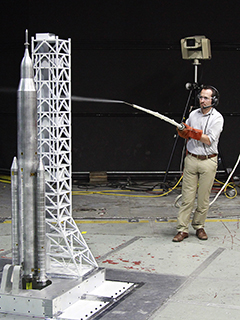
Aerospace Engineer (Image Source: www.bls.gov)
What are they technically involved in?
- Directing and coordinating the design for the craft.
- Accessing the proposals for projects to determine if they are technically and financially feasible.
- Evaluating designs to see products meet the customer requirements, environmental regulations, and engineering principles.
- Inspecting malfunctioning of products and propose solutions to it.
Qualifications you need to become one:
- Bachelor’s of Technology (B.Tech) Aerospace, Any science related stream
Skills you need to brush up on:
- Mathematical skills
- Analytical skills
- Critical thinking skills
- Problem-solving skills
- Writing skills
- Business skills
TIP: Having a professional course certificate in computer programming languages like JAVA, C++, etc., can help in prioritising along with the job.
Organisations that hire: BrahMos Aerospace recruitment, Infosys Limited, AIR INDIA, NASA, ISRO, CSIR Laboratories
Computer Hardware Engineers
They create, test, research, and develop computer systems and equipment used to measure outer space activities or on earth.
They often document their work writing a detailed description about the product’s functioning so that others can use the products they develop.
Technically, they are involved in:
- Development of analog and digital circuits
- Creation of PCB layouts
- Analyse and execute simulations for circuit parts
- Create functional test procedures
- Commissioning and verification of developed product/circuit
- Technical documentation
Qualifications you need to become one:
- Bachelor’s in Technology (B.Tech) in Computer Science, ECE (Electronics and communication), EEE (Electrical)
Skills you need to brush up on:
- Good command over coding skills
- Circuit diagram development
- CAD program for circuit analysing
Organisations that hire: DSI Aerospace (Germany), Enter lab space, Pvt Ltd., NASA, ISRO, DRDO
Electronics and Mechanical Engineer
They focus on specific equipment of spacecraft or aircraft like sensors, engines, etc. These people either create new equipment or inspect the existing ones to ensure that the product is safe. They even create maintenance procedures for the equipment they create.
List of tasks you need to perform?
- Create electrical design for spacecraft payload.
- Technical specifications for the electrical subsystem.
- Design of PCBs according to spacecraft also analyse them.
- Selection, procurement, and qualification of EEE parts and PCBs.
- Preparation of electrical testing.
- Assessment of system reliability, failure modes, and safety.
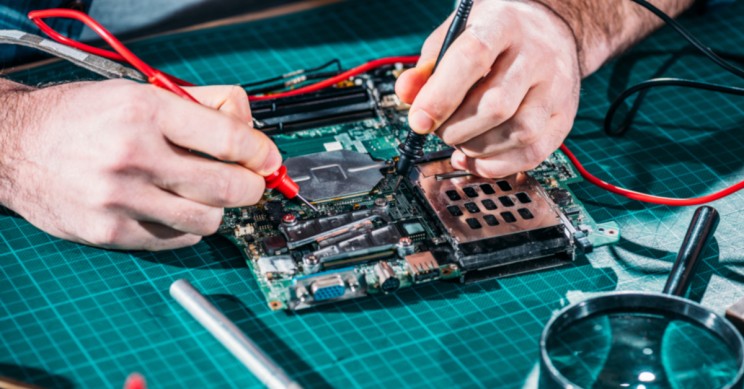
Electronics Engineer (Image Source: Interesting Engineering)
Qualifications you need to become one:
- Bachelor’s of Technology in ECE (Electronics and communication), EEE (Electrical), Mechanical
Skills you need to brush up on:
- Proficiency in electrical hardware design and analysis
- Knowledge of networking protocols and data communication equipment (like switches, routers, etc.)
- Basic knowledge of FPAGs, Soc, IP cores, etc
- Basic experience with PCB tools design
TIP – Experience in payload development can help you get a better job.
Organisations that hire: Space application services, Collins Aerospace, NASA, ISRO, DRDO, BARC (Bhabha Atomic Research Centre)
Technicians
Avionics Technicians
These people attend to communications, navigations, and other central systems of spacecraft.
Tasks for they are responsible:
- Testing electronic instruments
- Installing instrument panel
- Replacing malfunctioning components
- Assembling of types of equipment
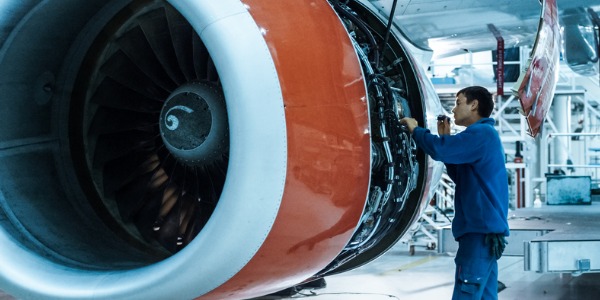
Avionics Engineer (Image Source: res.cloudinary.com)
Qualifications you need to become one:
- Bachelor’s of Technology (B.Tech) in any stream
- Certification in Avionics is a must
Note – The only certification can also help in getting a job.
Skills that can help:
- Troubleshooting skills
- Ability to do intricate soldering on delicate components
- Know how to use binocular magnifiers and a microscope
- A person should have patience, a steady hand, and excellent vision
Organisations that hire: Flying Stream Aviation Pvt. Ltd. (Delhi), Oak System Pvt. Ltd. (Karnataka), Chivaro Technologies (Karnataka), STS Aviation Group (USA), Textron Indianapolis
Meteorological Technicians
Also called meteorological aides, they measure whether or climate-related data.
Tasks for they are responsible:
- Ensure conditions are safe for space launch.
- Release weather balloons to access windy activities in the atmosphere.
- Installations of MET towers.
- Maintain and troubleshoot MET towers and communications.
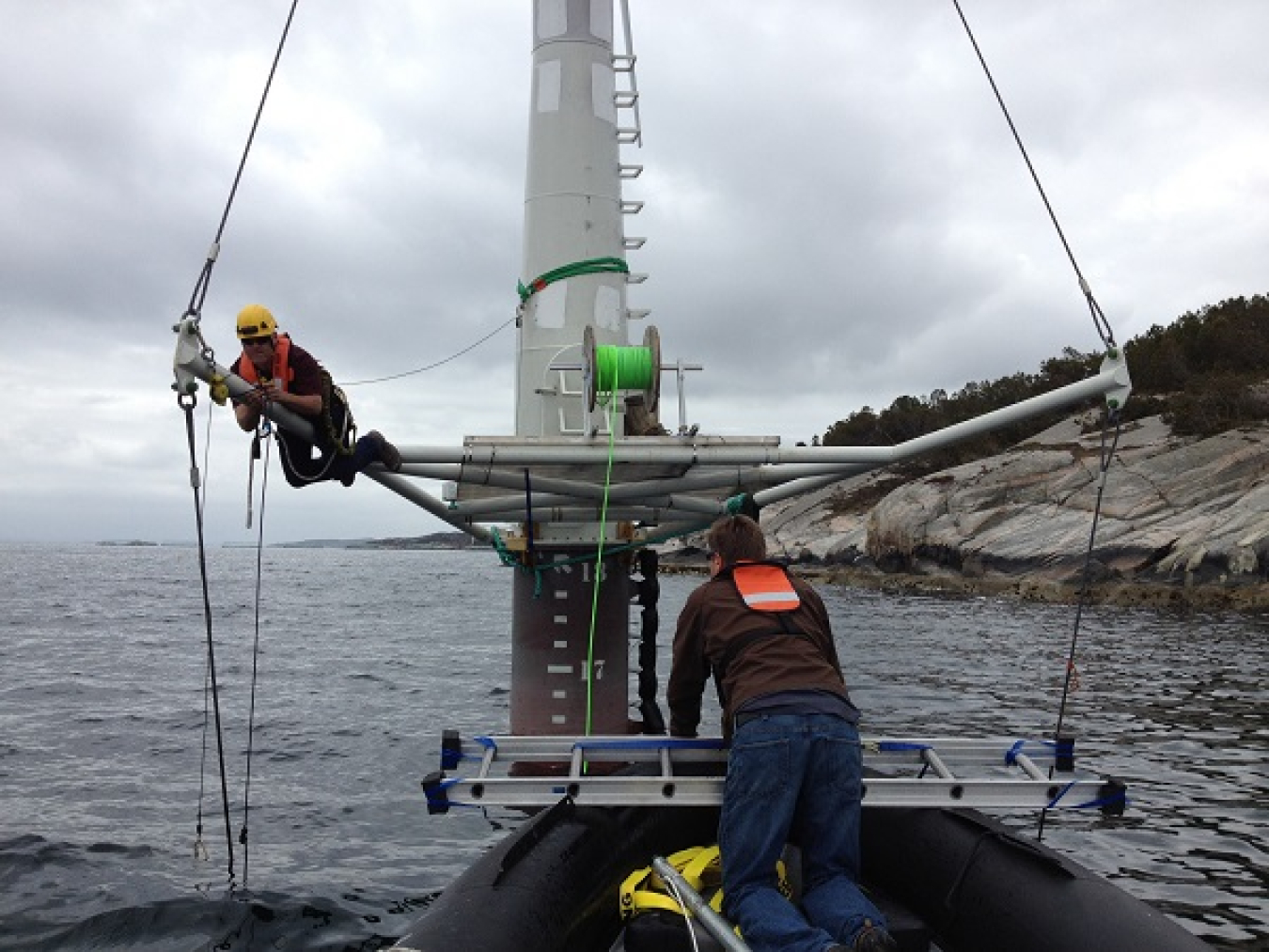
Meteorological Technician (Image Source: www.energy.gov)
Qualifications you need to become one:
- Bachelor’s of Technology (B.Tech) in any stream (prefer astrometric sciences)
- Bachelor’s in Sciences (B.Sc.) Geography, Meteorology, Atmospheric Sciences
- Certification in Meteorology is a must
Skills that can help:
- Communication
- Dexterity (maintenance and repair)
- Mechanical
- Navigation
- Physical stamina
- Troubleshooting
Organisations that hire: ASRC Federal Holding Company (USA), Spire Global (Boulder), ISRO, NASA, BARC (Bhabha Atomic Research Center), The Aerospace Corporation (CA)
Media and Communications
Photographers
NO, they don’t take pictures from space missions because that is the job of astronauts or special cameras on spacecraft.
Their job is to capture all the project milestones for space project work on earth and document their progress. Their images can act as a historical record that shows different phases of the project from inception.
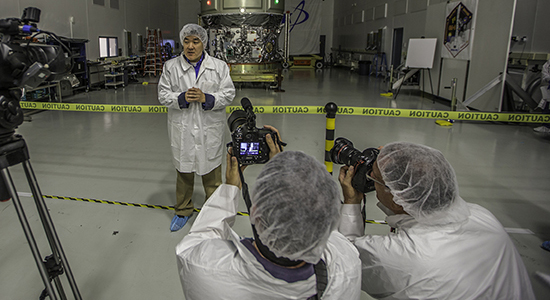
Photographers (Image Source: www.bls.gov)
Qualifications you need to become one:
- Graduation in any stream
Note – certification in mass media or photography can help in getting better jobs. Also, they require long-term job training.
Organisations that hire: NASA, ESA, ISRO, BAHAMA
Producers and Directors
They make education videos (like assembling a telescope) and mission documentaries for further reach to the audiences. They are responsible for the popularity and better understanding of the mission on a scratch level.
These documentaries and videos also help technicians or mission workers to understand the concepts effectively.
Qualifications you need to become one:
● Graduation in any field
Note – certification in mass media or filmmaking can help in getting better jobs. This job requires prior work experience.
Organisations that hire: They work independently or collaborating with some organisation (voluntarily).
Technical Writers
They write or explain any space mission from a complex version to a language that the audience can easily understand. They can be bloggers, editors in magazines/journals, influencers, etc.
Their basic job is to make the audience aware of the field closely and create wide awareness about the events or discoveries happening.

Technical Writing (Image Source: www.mediabistro.com)
Qualifications you need to become one:
● Graduation in any field
Note – certification in mass media or technical writing can help in getting better jobs. Having prior training and work experience can also help.
Tip – having some basic knowledge about space can help even better.
Organisations that hire: They work independently (like having their platform) or collaborating with some organisation (voluntarily).
Teaching
Online Teaching and Communicator
Seeing the current pandemic situation teaching has come to online, there are different platforms through which you can covey about your interested field. Online tutors on platforms like Udemy, Coursera are highly required to teach space-related topics like propulsion, spacecraft design, and other related topics.

Online Teaching and Communication (Image Source: www.wgu.edu)
Qualifications you need to become one:
● Graduation in any field (prefer astronomy-related streams)
Note- For being an online tutor, you don’t require a teaching degree.
Organisations that hire: Udemy, Coursera, Chegg, IBM, Unacademy
Start-ups
NGO and Company
The startups require passion in person to do so. If you are passionate enough, this is the right option for you. To start with an NGO or a company, one should have a purpose, vision, and mission, all three in hand. Moreover, one requires a team of equally passionate people to gather resources, funds, people to invest, etc. it is not an individual’s job.
Qualifications you need to become one:
This field does not require any qualification, but if you have basic knowledge about your purpose and basic entrepreneur skills, that can work.
It requires a lot of patience to set up an NGO or a company as this process takes time, but if you are determined enough, no one can stop you.
Starting a YouTube Channel
This job option depends on your desire, passion, and creativity. This platform is perfect for those who want to create awareness or want to showcase some talent among audiences at a global level.
Qualifications you need to become one:
This field does not require any qualification, but if you have basic knowledge about your idea and basic business skills, that can work.
We discussed above a lot of paths that you can avail from. I hope this article helps you select the best direction for yourself and gives you insights into how there can never be an infinitesimal to anything, be it space or any other discipline. So choose the smartest option carefully and achieve great heights.
For further queries and questions, write us in the comment box.
Suggested Reading: Space Start-ups: Making Space Technology Accessible
Author
Nicely explained
Thank you
Wow, I never thought about so many possible jobs related to astronomy.
Very very informative!!!
Thank you, glad to know that it has give you new insight into space science.
Great Content !!
Each point is well explained with full information !!
Well done Ananya
Keep going bro ✨
Thank you